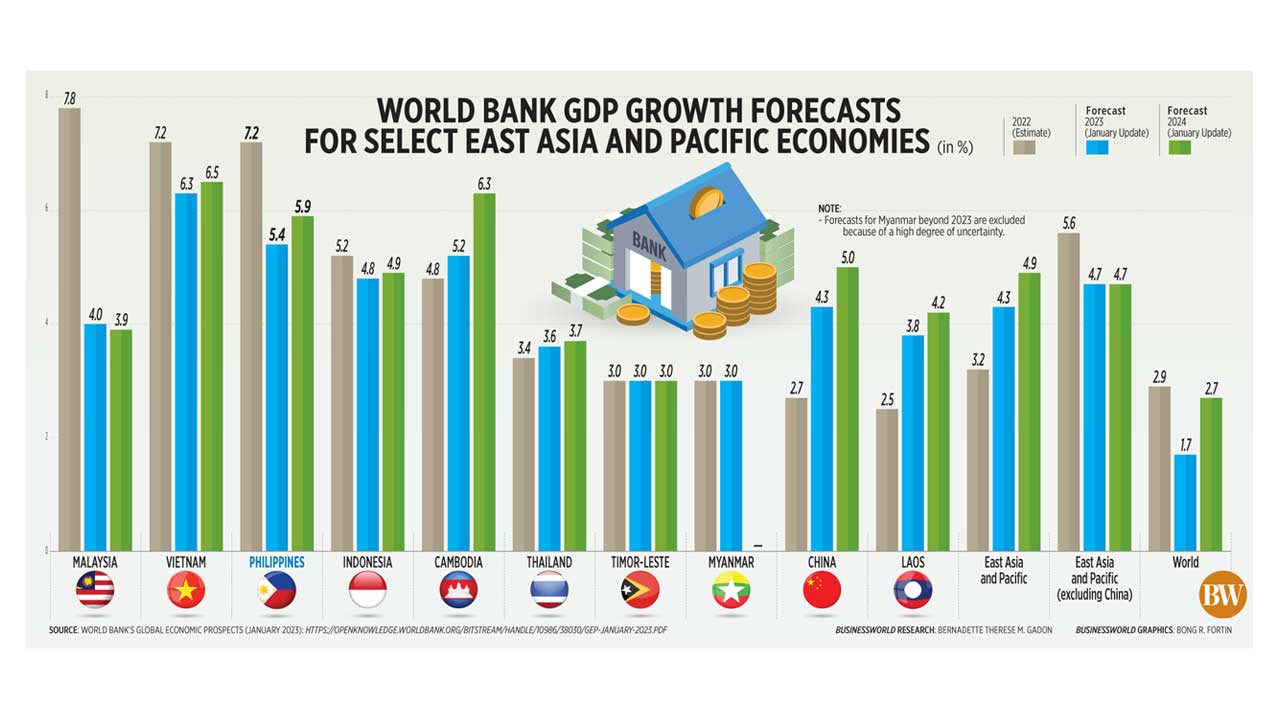The World Bank painted a brighter economic picture for the Gulf Cooperation Council (GCC) region in its recent Spring 2024 Gulf Economic Update (GEU). The report predicts a significant rebound in growth, with economies projected to expand by 2. 8% in 2024 and accelerate further to 4. 7% in 2025.
This positive outlook stems from a confluence of factors. The anticipated relaxation of oil production quotas by OPEC+ in the latter half of 2024 is expected to boost oil output, a key driver of GCC economies. However, the report highlights a crucial shift – the robust performance is not solely reliant on hydrocarbons. The non-oil sector is displaying strong momentum and is forecast to continue its expansion in the medium term.
This diversification is a strategic move by GCC countries to bolster their resilience and foster sustainable development in a period of global economic volatility, according to the World Bank. While oil revenue remains vital for shaping the region's fiscal and external balances in the near future, diversification efforts are mitigating dependence on a single commodity.
The report delves into individual country forecasts. Saudi Arabia's real GDP is anticipated to grow by 2. 5% in 2024, primarily driven by a surge in non-oil private sector activity. The United Arab Emirates (UAE) is projected to witness an even sharper acceleration, with real GDP growth estimated to reach 3. 9% in 2024.
While the outlook is encouraging, the World Bank acknowledges challenges. Upgrading the education system to equip the workforce with the skills needed for a knowledge-based economy is critical for sustained growth. The report emphasizes the importance of continued diversification efforts to create new revenue streams and further reduce reliance on oil.
The anticipated rebound in GCC economies presents promising opportunities for businesses and investors. Increased economic activity is likely to translate into greater demand for goods and services, fostering a more vibrant business environment. The region's strategic location and infrastructure make it an attractive hub for international trade and investment.
Looking ahead, the successful execution of diversification plans and investments in human capital will be crucial for securing long-term economic prosperity in the GCC. The World Bank's report offers a welcome dose of optimism, suggesting that the region is well-positioned to navigate the current economic climate and emerge stronger.

